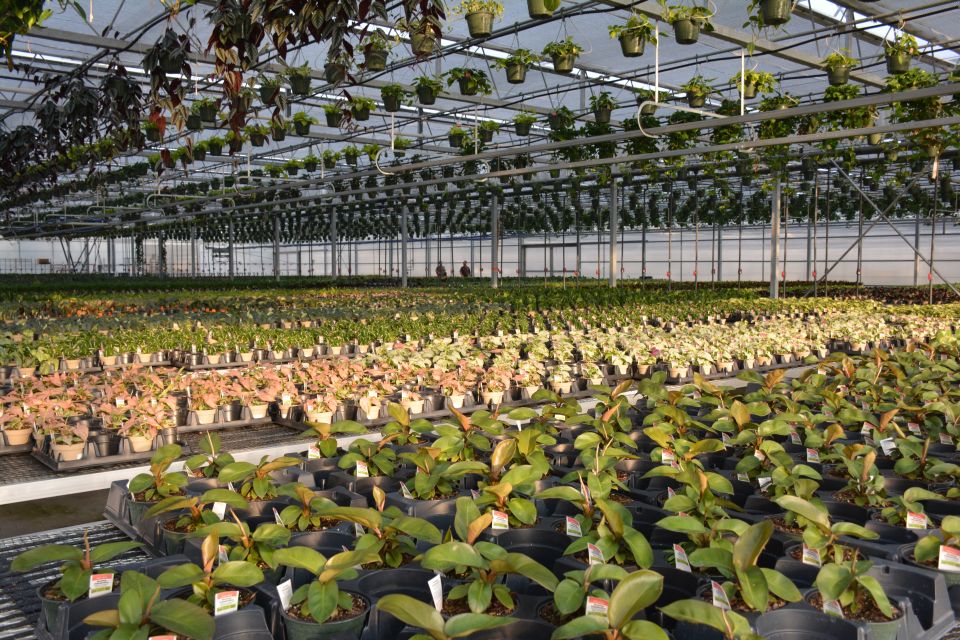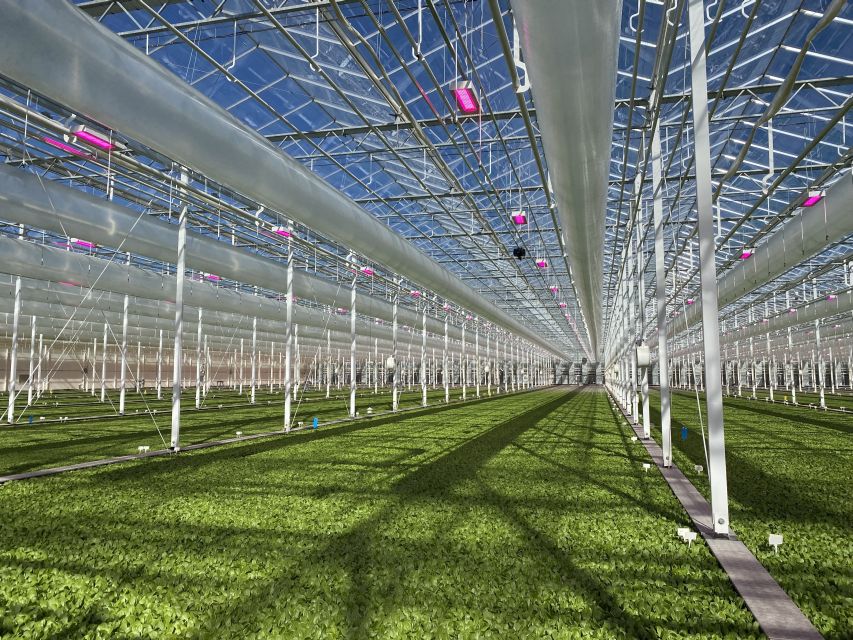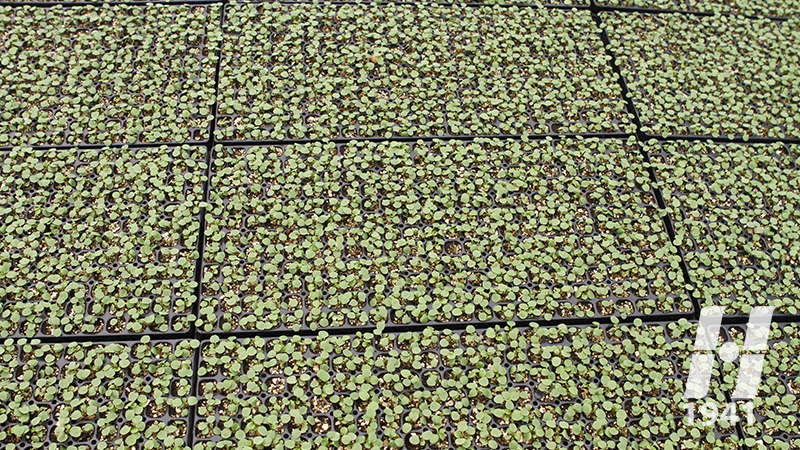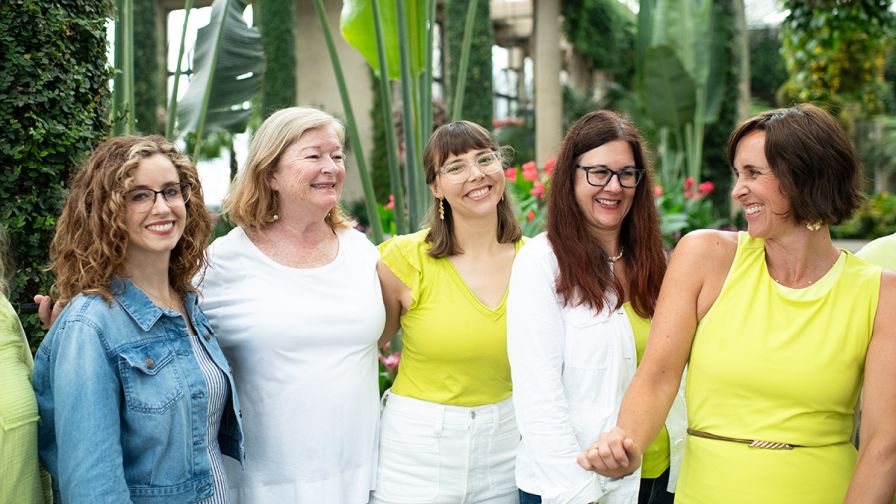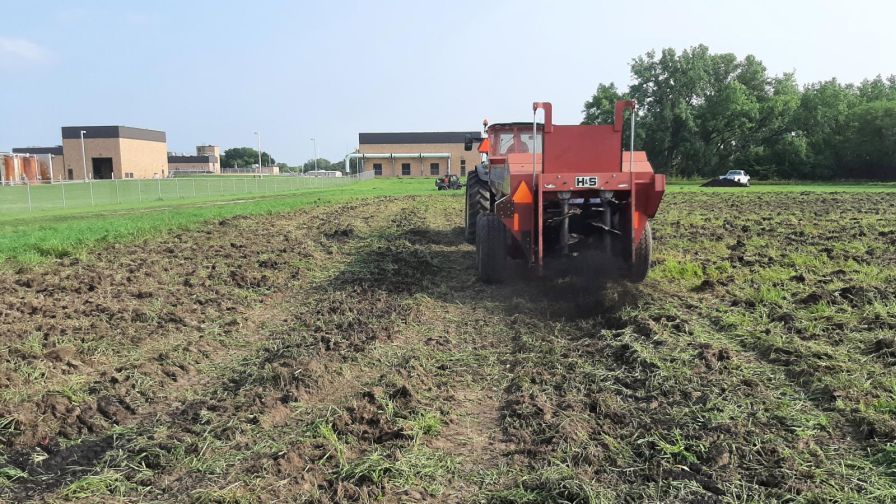AmericanHort Gets a Big Win on Tissue Culture Imports
After several months of discussion, USDA’s Animal and Plant Health Inspection Service (APHIS) recently notified AmericanHort that it has removed import requirements for tissue culture agar to be “clear or translucent.” The original issue was the use of agar containing activated charcoal. The issue was brought to the attention of AmericanHort after the rejection of international tissue culture shipments due to the agar not being clear or translucent. At risk? The starter material for greenhouse crops, like ferns, is collectively worth hundreds of millions in sales for U.S. finished plant growers.
In tissue culture production, activated charcoal is added before autoclaving, ensuring sterilization of the growing media necessary to produce pest and disease-free plant materials. At its most basic, adding activated charcoal to culture media darkens the media, providing a light-free environment to promote root growth and development. Additionally, using activated charcoal in tissue culture is vital to the production of some ornamental species. The presence of activated charcoal can improve cell growth and development in tissue culture, in-vitro seed germination, and other micropropagation techniques that have become vital to our industry.
Activated charcoal is noted for its ability to absorb inhibitory compounds and toxic metabolites in the culture medium that can adversely affect plantlet growth and development. It is also believed that activated charcoal can absorb and gradually release nutrients and growth regulators, reproducing naturalist nutrient availability.
Had this issue gone unresolved, we would have many unhappy mothers this May with too few Mother’s Day ferns. AmericanHort worked with USDA-APHIS on a short-term resolution and, at the same time, urged a broader permanent fix. We’re pleased to announce success.
When it comes to the plant supply chain, AmericanHort is your advocate for fair, sensible, and effective rules and regulations. We are routinely working toward developing tools to effectively mitigate pest threats, troubleshoot quarantine problems, and keep the market chain functioning.
One emerging issue we’re working on right now relates to young plant plugs being imported under USDA-approved “plants in growing media” programs. Plant inspectors at the ports have recently rejected some plug shipments with weeds or non-vascular plants (like mosses). Weed contaminants can be a real problem and may signal poor-quality growing substrate. But the case of non-vascular plants is more complicated. The substrate can start perfectly clean, yet, the USDA-approved systems approaches for producing the plugs cannot be expected to prevent moss spores from entering the greenhouse environment and germinating on plug surfaces. These organisms are often widely distributed worldwide, and not generally considered plant pests, so we are working with USDA to get a practical resolution.
This change in import requirements for tissue culture agar can be found in the USDA-APHIS Plants for Planting Manual. The manual, while sometimes unwieldy, provides details concerning the regulated importation of plants and vegetative parts that are for or capable of propagation, not limited to buds, seeds, tissue, and other plant structures. The regulations described in the manual exist to limit the risk of importing destructive plants, plant pests, or diseases that could cause millions of dollars in damage to nurseries, landscapes, forests, and farms. Growers interested in following changes to the regulations and manual might want to subscribe to the APHIS Stakeholder Registry.




